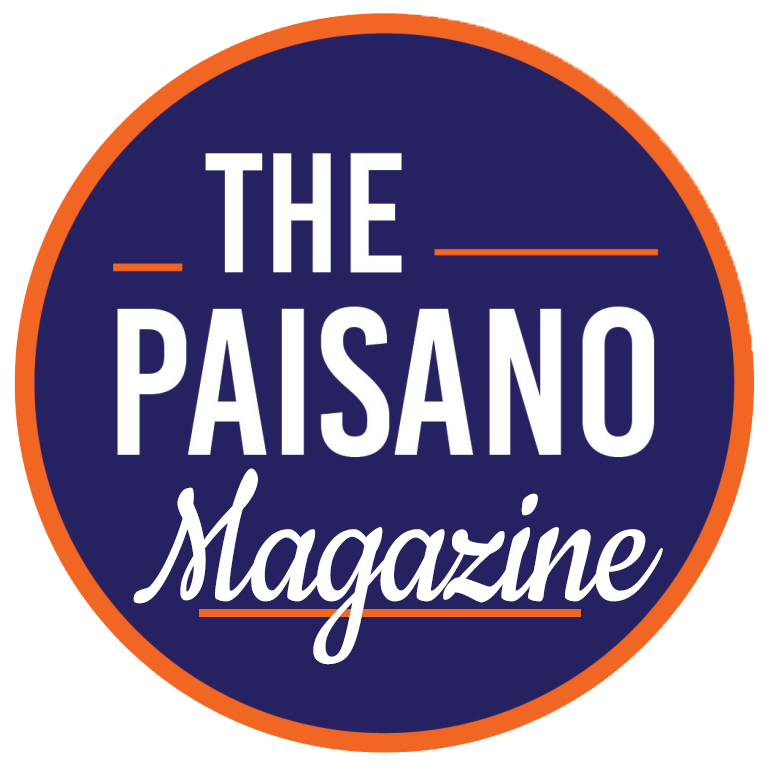 Recently, I was scrolling through my Twitter newsfeed when a certain thread of tweets caught my eye.
Recently, I was scrolling through my Twitter newsfeed when a certain thread of tweets caught my eye.
The posts, sent out by Twitter user Hiba Khan (a friend of mine from high school), began as a criticism to veganism, stating “Vegans always tryna force their ways down everyone’s throats” – a claim I’m sure many social media users are accustomed to seeing and perhaps even agree with.
This single tweet was followed by several more, addressing vegans’ perspective on ethical working conditions, vegan product accessibility and even non-vegan shaming. As you can imagine, her remarks sparked a social media frenzy, pitting nearly everyone against Hiba in a sea of animal and environmentally-friendly rage.
All the while, I stood idly by, trying to formulate my own thoughts on the subject matter amidst the virtual chaos ensuing around me.
As someone who holds a great deal of respect for vegan lifestyles, and who advocates against the environmental destruction resulting from carnivorous and omnivorous diets, I could not help but feel compelled to join the discussion with Hiba, especially considering my own stake in the argument as a vegetarian.
Much of my perspective on veganism manifested during my junior year in high school in an environmental science class. The class signified my first exposure to Big Meatpacking here in the United States – a multi-billion dollar industry equipped with both legal and regulatory force – responsible for one of the most catastrophic present day carbon footprints.
According to a U.S. Geological Survey, 1,840 gallons of water are needed to produce a single pound of beef.
In 2015 alone, beef production in the United States came in around 23.69 billion pounds, although U.S. beef consumption rates fell marginally higher at around 24.807 billion pounds (as determined in a census by the National Cattlemen’s Beef Association).
When compounded, we are observing beef industry consumption of over 43 trillion gallons of water in just a single year in the United States.
Additionally, the livestock industry poses a severe threat to our current atmospheric conditions and observable climate change.
As stated in a 2014 study by the U.S. Environmental Protection Agency, “of all domestic animal types, beef and dairy cattle were by far the largest emitters of CH4.”
CH4 is otherwise known as methane, a greenhouse gas with significantly more atmospheric radiation-trapping power than CO2. In English, this means that over a 100-year span, methane (CH4) is predicted to have a greenhouse effect more than 25 times that of the impact of CO2, and the livestock sector’s methane emissions have only increased since 1990.
So I entered the Twitter conversation armed with this knowledge. I was prepared to enlighten my high school friend of the ecological importance of veganism.
However, the dialogue that transpired between Hiba and I (and a few insightful others) opened my eyes to the reality of veganism in America.
The ability to become a vegan transcends pure desire or knowledge, because veganism inherently represents privilege: a privilege to eat how you’d like, what you’d like and when you’d like.
For many Americans, veganism presents barriers insurmountable through sheer willpower or environmental awareness.
Some 11.5 million Americans live in food deserts across the country. These individuals, who typically exist in low-income neighborhoods and are disproportionately of color, lack access to supermarkets and fresh produce.
Even in locations outside of food deserts, veganism still symbolizes privilege considering the recent “gentrification” of healthy food items such as potatoes and collard greens. In recent, more health-conscious years, the demand for these products has skyrocketed, driving prices up and leaving low-income families with no other option than to resort to affordable commodities such as high-caloric, non-vegan nourishment.
Veganism cannot be viewed as a single, cure-all sustainability mechanism when the divide between the socioeconomically well off and the poor exists more as a chasm than a marginal disparity.
I do not know the course of action we should take as a nation in confronting these very prevalent and time-sensitive issues. But it seems in order to accomplish either environmental sustainability or socioeconomic equality, we must combat both.







